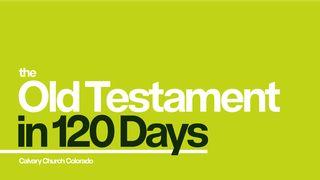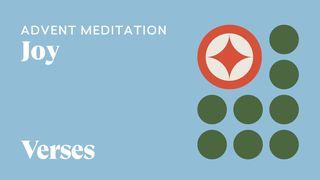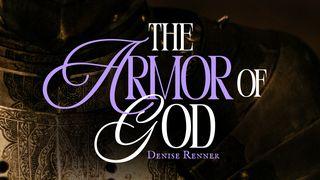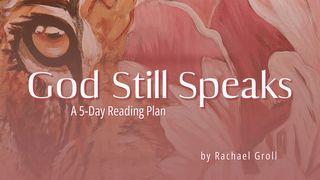Advent Chai with MalachiSample

 Third Tuesday in Advent
Third Tuesday in Advent
Herald of the Prophet, Priest, and King
Jews in the Second Temple Period (516 BC through AD 70) had several expectations for the role of Messiah and renewal of purity and righteousness. To understand what these were, we need to look at history leading up to the ministry of Jesus.
When Antiochus IV Epiphanes desecrated the Temple in Jerusalem in 167 BC by sacrificing swine on the altar, the Jews experienced the “abomination that causes desolation” (Dan. 9:27; quoted by Jesus in Matt. 24:15). This abomination led Jewish patriots to revolt (the Maccabean revolt). They threw off the Seleucid (Greek) yoke. Three years later they cleansed and rededicated the Temple. The word “Hanukkah” comes from the Hebrew word for “dedication.” The Maccabean Temple dedication inaugurated a celebration of eight days, known to us as Hanukkah, or the Feast of Dedication.
From 164 BC until 63 BC, the Jewish Hasmoneans ruled the land of Israel. “Hasmonean” is another name for the Maccabean descendants. Unfortunately, the Hasmoneans degenerated into corruption, and they oversaw a long period of political intrigue, religious compromise, assassinations, and small-scale civil war. The weakness of competing Jewish factions—the politically minded Sadducees, the scholarly Pharisees, the patriotic Zealots, and the ascetic and separatist Essenes—gave the Romans opportunity to take advantage of the Jews’ lack of unity, step in, and declare their own rule under General Pompey in 63 BC.
Jesus was born during this time of Jewish impurity when Palestine lived under the yoke of Roman occupation. While most Jews longed for a messianic figure to deliver them from Gentile oppression, they had no one unified expectation for Messiah. Some hoped for a king-like political deliverer who would help overthrow the Romans. Others looked for a high priest to restore the Temple’s purity and the priesthood’s holiness. Still others longed for a prophet-messiah who would call the people as a nation back to repentance and holy living.
Jesus fulfilled all three messianic expectations. First, he came as the king of the Jews. He entered Jerusalem on a donkey as Solomon had done at his own coronation, and in the future, he will reign from the literal city of New Jerusalem. Second, Jesus was a priest—the ultimate priest—who purified the Temple. He bracketed his public ministry with two Temple cleansings: His first public act was a cleansing of the Temple (Jn. 2:13–22); and his last major public act was a cleansing of the Temple (Matt. 20:12–17). Finally, he was a prophet, speaking the word of the Lord. And Jesus also fulfilled an even greater messianic role as the perfect God/man who died on the cross as the substitutionary atonement for the sins of the world.
The people in Malachi’s day were looking for a prophet, priest, and king. And Malachi told of a herald who would announce the king’s arrival. Today we look back on history and see that the herald was a man martyred for being righteous, and he pointed to the true prophet/priest/king, who has come.
How can you better heed the Prophet’s words of warning and promise? How can you more faithfully come to this Priest as your intermediary? How can you do homage to the King as your sovereign? —Malia Rodriguez
Prayer:
O Lord, we beg Thee, incline Thy ear to our prayers and enlighten the darkness of our minds by the grace of Thy visitation. Who lives and reigns forever. Amen.”
He will come again in glory
to judge the living and the dead
And his kingdom will have no end.
Photo credit: Robert Zunikoff on Unsplash.
Scripture
About this Plan

Advent Chai with Malachi is a devotional designed to help readers draw near to God in the weeks leading up to Christmas. Scriptures from the Book of Malachi are accompanied by reflections on each passage and end with a simple prayer.
More
We would like to thank Aspire Productions for providing this Plan. For more information, please visit: http://www.aspire2.com/
Related Plans

The Old Testament in 120 Days Reading Plan

Advent Meditations: Joy

7 Days to Fall in Love With Jesus – Jean-Luc Trachsel

All the Feels - Leading Our Emotions

Written in Heaven: His Story, Our Lives

What Happened to Us in Eden? - Psychology of the Fall

Happy to Work

The Armor of God

It Starts With One
